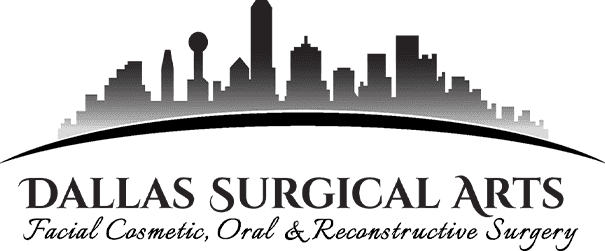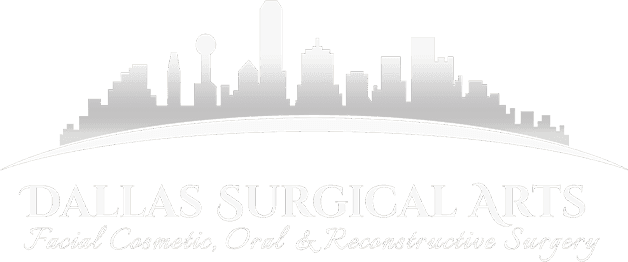A genioplasty is a surgical procedure that changes the shape of your chin. It can make your chin larger or smaller or change its angle or position. The goal of genioplasty is to improve the overall appearance of the face, whether for aesthetic or medical reasons.
Genioplasty is usually performed as an outpatient procedure, meaning the patient does not have to stay in the hospital overnight. However, the surgery is usually performed under general anesthesia.
The specific technique used for genioplasty will depend on the goals of the surgery. The surgeon will make an incision in your lower lip or under the chin to either put an implant or remove the excess bone.
After genioplasty, the patient will need to strictly follow the doctor’s aftercare orders. Usually, it consists of taking NSAIDs for pain relief, using an ice pack, and following a soft diet for the first few days. Your chin will have some bruising and swelling around which will resolve over time. Most patients can go back to their normal activities within a few weeks, as early as seven days.
What Are the Benefits of Genioplasty?
A genioplasty is a surgical procedure that can be performed for either aesthetic or functional purposes. If someone has a chin that is too small, it can cause problems with biting and chewing. A genioplasty can be used to correct this problem.
A genioplasty can also be used for cosmetic reasons. For example, it can make the chin more proportional to the rest of the face.
And for those who have surgery to correct a congenital disability, the results can be a more normal appearance.
What Are the Risks of Genioplasty?
As with any type of surgery, there are always risks. This is also true for genioplasty, as it is a surgery that alters the appearance of the chin. While the risks of genioplasty are relatively low, you should still consider them before undergoing the procedure.
Infection can happen, but it’s very uncommon. You can usually treat this with antibiotics, but in rare cases, it can lead to more serious complications.
It is also important to note that, as with any surgery, there is always a risk of scarring. However, genioplasty scars are typically small and well hidden.
Typical minor complications after the surgery include numbness and bleeding, which can resolve in a few days or weeks following the procedure.
Overall, the risks of genioplasty are relatively low. However, as with any surgery, it is crucial to be aware of all the risks involved before undergoing the procedure.
Conclusion
Genioplasty is a safe and effective surgical procedure that can improve the appearance of the face. The surgery is typically very well tolerated, and the results can be very natural-looking. The surgery is considered safe, and there are usually no complications. Recovery from the surgery is typically quick, with most patients being able to return to their normal activities within a week. If you are considering genioplasty, consult with a board-certified plastic surgeon to discuss your goals and expectations.
Are you planning to do chin reshaping to enhance the appearance of your face and be more confident? Dallas Surgical Arts offers various cosmetic procedures to improve your looks. We also do cosmetic facial plastic surgery, including facelifts, eyelid surgery, brow lift, otoplasty, and Botox. Book your consultation today.


